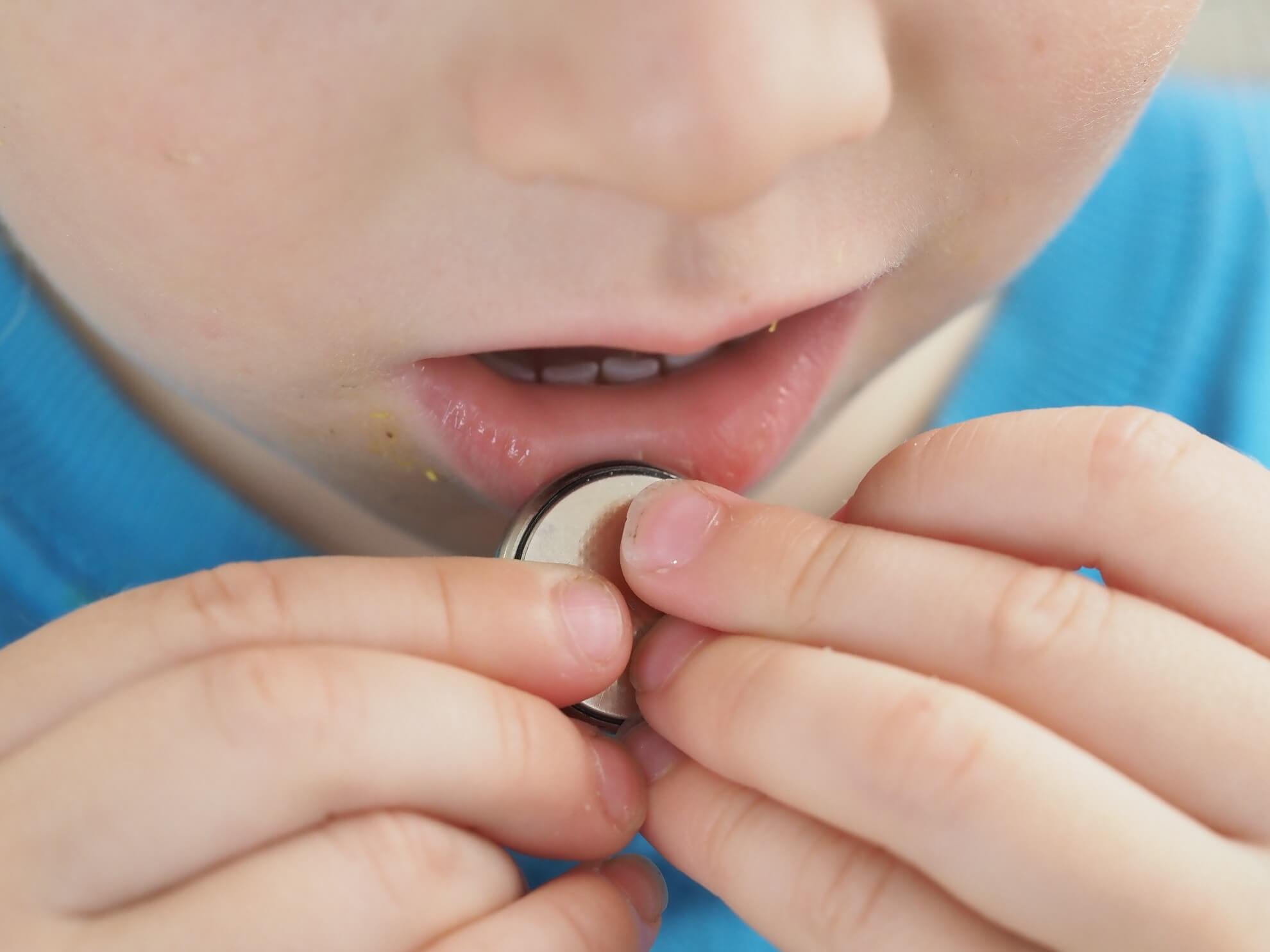Children Are Dying - The Button Battery Emergency
Button batteries, also known as coin batteries, are found everywhere all throughout the home. They present a huge danger to babies and young children.
Despite manufacturer warnings, button battery ingestion is one of the leading causes of mortality in children who suffer from poisoning, and this has rapidly increased since 2016. (www.poison.org, n.d.).
They can be lethal if swallowed. We recently saw in the news the tragic story of a 17-moth old who had accidentally ently swallowed one of these button batteries and sadly lost his life. The full story can be found here. (My toddler died after swallowing a button battery, 2022). This news story contains some upsetting information and reader discretion is advised.
The issues with button batteries are typically brought about by the battery's reaction with bodily fluids like mucus or saliva, not by chemicals seeping from the battery. This establishes a circuit that allows the release of caustic soda, a potent alkali that can essentially burn through tissue. Despite being at the other end of the pH scale from an acid, an alkaline chemical can be just as harmful. Old batteries should be handled with the same care as new batteries because even "dead" batteries have the potential to release the alkali. (GOSH Hospital site, n.d.).
If ingested, it is important to act fast. Ingestion of batteries is a medical emergency and requires immediate treatment for the best chance of survival, even if the individual presents with no initial symptoms at all. The effects of swallowing a button battery can sometimes take time to emerge. Children may experience respiratory issues or feel generally unwell. Children may cough up or vomit blood if the button battery they ingested starts to cause issues. Batteries put in the nose or ear might also result in complications like nosebleeds or ear haemorrhage.
What makes button battery ingestion even more frightening is the fact that the ingestion may go unwitnessed, the child may have vague symptoms like ‘off food’ and later vomiting of blood can result from erosion of the battery through the oesophagus. (Long, 2019).
Great Ormond Street Hospital published a very informative webpage all about the dangers and what to do if your child has swallowed a battery. This page can be found here
They also detail where these batteries can be found. These small innocuous batteries are just the right size for small fingers and inquisitive minds to pick up and put into their mouths. They can be found in watches, remote controls, electronic toys, key fobs, calculators and even some greetings cards. It is of vital importance that they are kept out of reach of children. Interestingly the most reported types of batteries that had been ingested came from either toys, hearing aid batteries and lights (such as smaller handheld torches). (www.poison.org, n.d.).
What to do if you suspect a button battery ingestion.
If you find that your child or anyone for that matter has ingested a battery the first thing to do is get them immediately to A&E. Additionally, if you can, and if it does not waste time, find out what type of battery it is. Tell staff at A&E immediately that the patient has swallowed a battery and what its content is if known. Do not allow the patient to eat or drink anything and never encourage vomiting as this could make matters worse. If the patient is unresponsive or struggling with their breathing, then call 999 immediately.
This also highlights the importance of knowing what to do in an emergency. Completing a first aid course could give you the confidence to keep calm in a situation such as this and know what to do. More so with children its important to keep a calm and a relaxed as possible demeanour as children pick up on how you feel very easily. Our paediatric first aid course also covers foreign body ingestion.
#dangersofbuttonbatteries #firstaidcoursesnorfolk #keepingchildrensafe
-
GOSH Hospital site. (n.d.). Button batteries – using them safely. [online] Available at: https://www.gosh.nhs.uk/conditions-and-treatments/conditions-we-treat/button-batteries-using-them-safely/.
My toddler died after swallowing a button battery. (2022). BBC News. [online] 11 Feb. Available at: https://www.bbc.co.uk/news/uk-scotland-glasgow-west-60306335 [Accessed 24 Jul. 2022].
www.poison.org. (n.d.). Button Battery Ingestion Statistics. [online] Available at: https://www.poison.org/battery/stats.
Long, N. (2019). Button Battery Update. [online] Life in the Fast Lane • LITFL. Available at: https://litfl.com/button-battery-update/.

